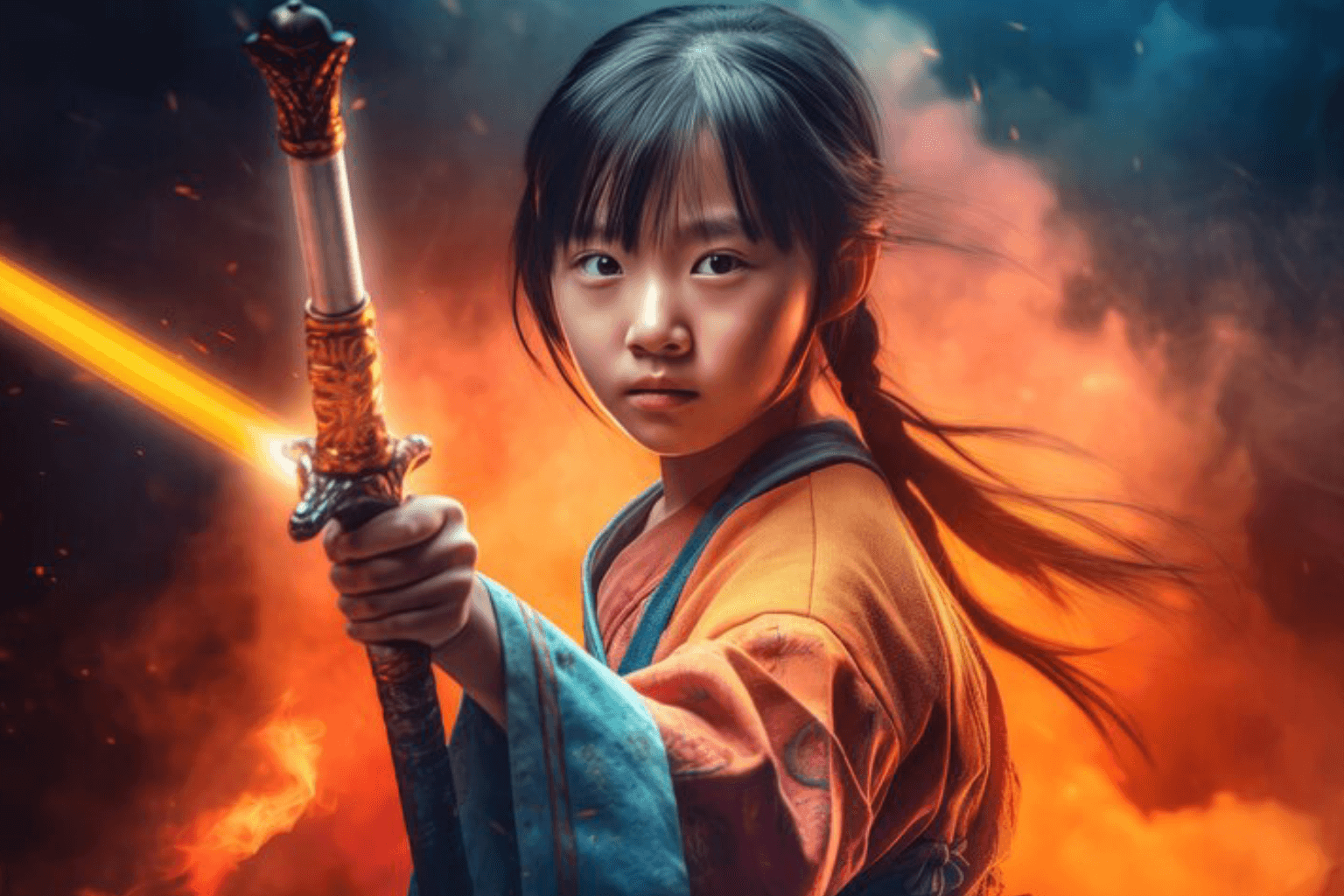
Chinese Revolutionary AI-Powered Mini-Dramas: How Douyin and Kuaishou are Changing Entertainment Forever!
Chinese short-video platforms Douyin and Kuaishou have launched AI-assisted mini-dramas, significantly reducing production costs and time while enhancing visual effects and efficiency.
Chinese new mini-dramas made with artificial intelligence technologies have been added to the Chinese short-video sites Douyin and Kuaishou Technology.
As part of the Sanxingdui Cultural Relics Exhibition at the Grand Canal Museum of Beijing on July 10, Douyin and Bona Film Group showed the movie Sanxingdui: Future Apocalypse. There are thirteen three- to four-minute scenes of the mini-drama.
A manager at Dreamina, a tool for making AI owned by Douyin, told Yicai that AI changes quickly. The manager also said that AI-made material will get better and more stable over time. The manager of Dreamina said that for the creation of Sanxingdui: Future Apocalypse, the company improved its AI technology by making the video-generation function better and adding horizontal and vertical movement of the lens to help control its movement in both directions and angles.
Sources in the entertainment business told Yicai that AI has a big effect on how things work, how much they cost, and how long the production cycle takes. However, the technology is not fully developed yet because it needs human workers. The five-episode AI-made mini-drama Strange Mirror of Mountains and Seas: Travel Through Waves, based on the Chinese legend book Classic of Mountains and Seas, came out on July 13 from Kuaishou. It’s been seen almost 7.5 million times since then.
Director Chen Kun said that work on Strange Mirror of Mountains and Seas began after the team signed a deal with Kuaishou in the first half of the year. He also said that the mini-drama cost less than a quarter of what a normal movie would cost to make.
Chen pointed out that AI technologies did not do everything because the mini-drama still needed human writers to write a rough script and do the editing work after the filming was done. AI can make shooting, designing costumes, make-up and props, lighting, and building stage art much more efficient.
Chen thinks that the visual effects of films and plays made by AI are about the same as those made by humans. He is looking forward to the growth of AI-native technologies that will make production effects more accurate and easy to control, but it will take some time.


